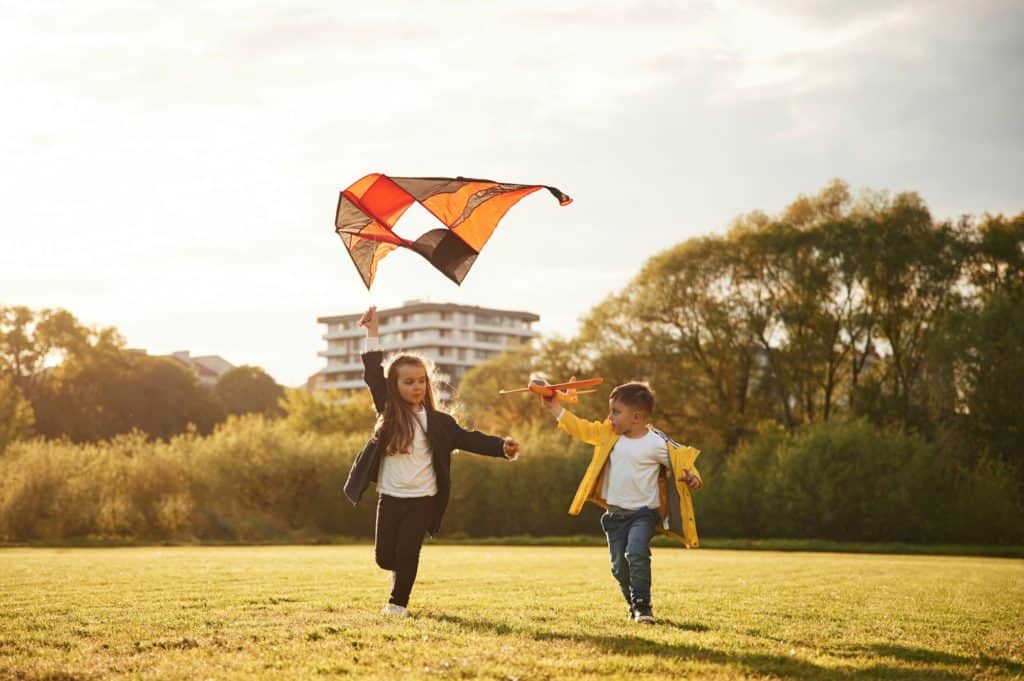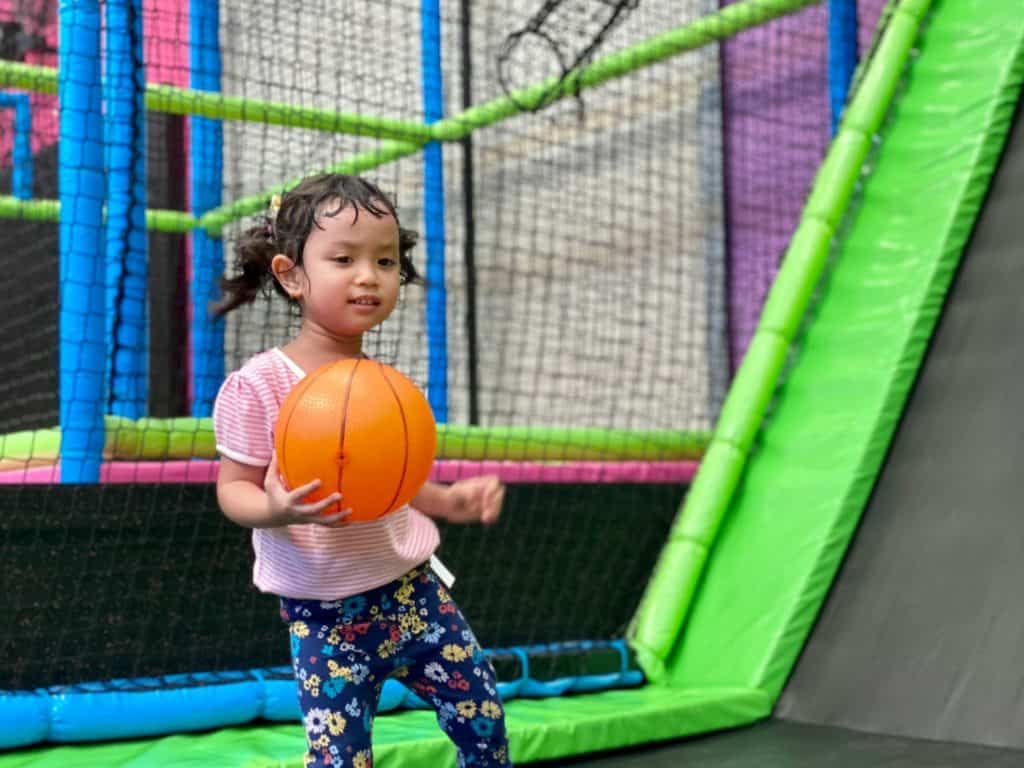Are your kids struggling in school? Are they thriving but you want them to achieve even more?
A new study says strength training can improve academic performance in children.
Research published by Springer Review found evidence that resistance training may improve cognitive function, academic performance and on-task behaviors in school-aged youth.
Findings from the review and show that 5 to 18-year-olds who do some form of resistance training have better thinking and reasoning skills, pay better attention, follow class rules and focus better in school.
There was also a link between muscular fitness and academic achievement. The benefits of building muscle translated into higher test scores and grades across all grades.
This study may surprise educators and parents who assume studying harder and longer, private tutoring and working on behavioral skills like self-control are the only effective ways for students to do better in school.
The medical community has been emphasizing the importance of physical activity for kids for years. Scientists are now compiling definitive data that shows training the body can directly affect how well children are able to train their brains.
Previous studies link increased movement to better mental health and educational in children and teens, but most of the research was focused on how cardio and aerobic training improves cognitive and academic ability. Research has also shown mindfulness practices and cognitive training is connected to improving academic and behavioral outcomes in school.
However this is the first time that strength training and specifically increased muscle has shown to have a strong and direct impact on school performance.
International guidelines recommend children and adolescents participate in an average of 60 min of moderate to vigorous physical activity each day. Young people are also advised to engage in muscle-strengthening activities at least 3 days per week.
Most American children and teens spend much of their school day sitting at desks with a very short recesses and limited movement even during physical education, falling woefully short of daily activity and strength training recommendations.
Resistance training, in particular, has been found to be the most effective way to build muscle and minds in children and adults.
This type of training usually involves the use of free weights, elastic bands, medicine balls, kettlebells or using your own body weight, which is equipment and activities that aren’t currently offered at most K-12 schools or physical education programs.
Physical Education (PE), sports programs and health classes have been de-prioritized or cut entirely from many schools across the U.S. despite evidence of the academic and behavioral benefits of daily movement and muscle-building exercise.
Non-academic classes are thought to be non-essential and often take a back seat to adding more academic support, especially in struggling schools.
This new study combined with decades of previous research suggests that re-prioritizing physical fitness may be the unexpected key to improving academic performance, behavioral problems and overall school success.









